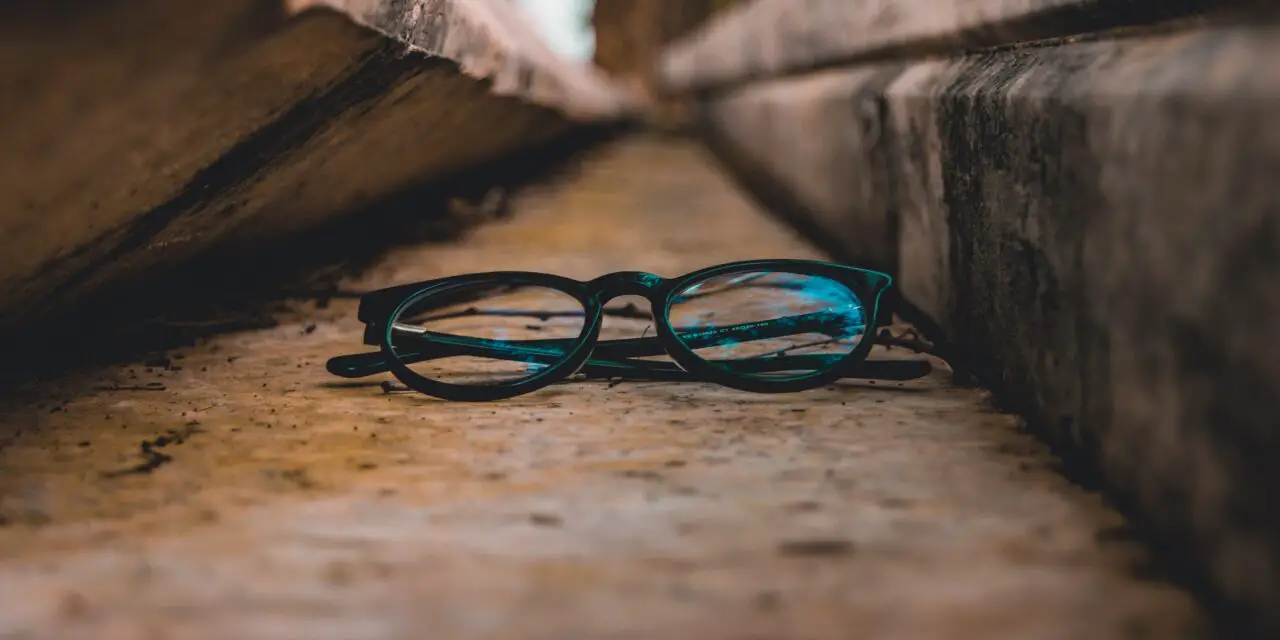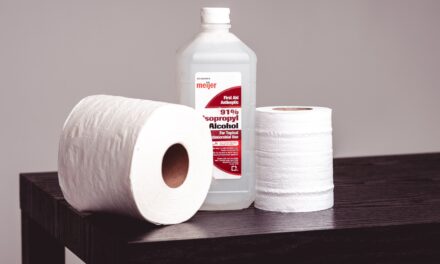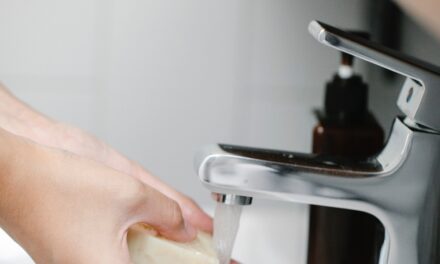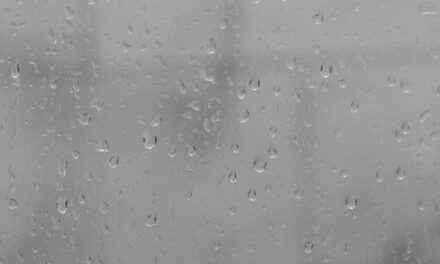Maintaining the cleanliness of your eyeglass lenses is important as it maintains its quality as well as the health of your vision. There are numerous ways to clean your lens effectively, but there are also methods to avoid.
Depending on what type of material your lenses are made of, you can either use Windex or avoid them at all costs. So before using Windex to clean your eyeglasses, make sure that you know what material your eyeglasses are made out of.
Below are several things that you should know before using Windex and other types of cleaning material. But most importantly, the information below will also provide you with the best way to clean your eyeglasses.
Things to Know When Using Windex to Clean Your Eyeglasses
Before using Windex to clean your eyeglass lenses, you must first confirm if your lenses are made out of plastic or glass. This is important because Windex or other similar cleaning chemicals may damage either the material or coating of your eyeglass lenses.
Glass Lenses
If you are wearing eyeglasses that are made of glass, then Windex will actually be effective in cleaning them. Reportedly, Windex will not cause any sort of damage to your lenses that are made out of glass.
Plastic Lenses
Since Windex contains a strong mixture of chemicals, such as alcohol, ammonia, and some topical surfactants, it is much safer if you use other means to clean your pair of eyeglasses, especially if you have eyeglasses that are made out of plastic.
When having a pair of plastic lenses, applying Windex as a cleaning product can damage the coatings that are commonly applied to plastic-made ophthalmic lenses. These coatings are generally applied on plastic lenses either for anti-reflection capabilities or being more scratch-resistant.
Many people now prefer to purchase lenses that are made out of plastic due to durability and scratch resistance. So, there is a good chance that you will own a lens made out of plastic. If this is the case, then you want to stay away from Windex as a way to clean your lenses.
Use Caution When Cleaning Your Glasses with Windex
If you apply Windex to your coated plastic lenses, then these coatings will deteriorate over time. Furthermore, using Windex on your uncoated plastic lenses will accelerate oxidation due to the strong chemical content Windex has. If you use Windex long enough on the plastic lenses over time, the lenses will turn yellow.
Glasses Cleaning Methods to Avoid
Aside from using Windex, there are other methods that you should avoid as well in order to maintain the quality of your lenses. Below is the list of methods that people have picked up along the way.
But unfortunately, these methods can be harmful to your eyeglasses as they can either strip the lenses of their coatings or leave damaging marks, which can ultimately hinder the visual clarity of your eyeglasses.
Here are the lists of methods to avoid:
- Toothpaste
- Strong Window/glass cleaner
- Bleach
- Rough paper towel
- Ammonia
- Vinegar
- Citrus juice
When using the methods listed above, you’ll increase the risk of damaging your eye lenses, whether they are made out of glass or plastic. So be mindful of what tool you are using to clean your lenses.
Best Methods to Clean Eyeglasses
Now that we have covered the lens-cleaning methods to stray off from, the following are the best methods to clean your eyeglasses. When you begin to pay attention to the cleanliness of your lenses, not only will you maintain the quality of your lenses, but also maintain the health of your vision and damage lenses, which can cause issues in the long term.
The best tools to clean your lenses include:
- Water at a lukewarm temperature
- Rubbing alcohol
- Dishwashing soap
- Microfiber cloth
- Special optical wipes
Now that you know the best methods to clean your eyeglasses, let’s take a look at some steps to show you how to use one of these methods.
How to Clean Your Glasses with Water and Soap
Here’s the steps you can take to clean your glasses with water and soap:
- Step 1: To begin, make sure that you run your glasses with lukewarm water. Make sure it is not hot water as it may damage your lenses.
- Step 2: Afterward, use a small amount of dishwashing soap on your lenses.
- Step 3: Then, gently rub both sides of the lenses, clearing off any dirt or smudges.
- Step 4: Once it’s clear of any dirty material, rerun your eyeglasses with lukewarm water to wash off the dishwashing soap.
- Step 5: Finally, use a clean microfiber cloth to dry off your lenses.
Microfibers are great because they will not leave any lint on your lenses. Other materials, such as a common cloth or paper towel, can leave lint or can even damage and scratch your lenses.
Conclusion
Once again, Windex can be safe if you have glass-made lenses. If you have plastic-made lenses, however, then you should avoid Windex. Use other methods in order to maintain the quality of your lens. In some cases, simple water is better than a multi-purpose liquid.





